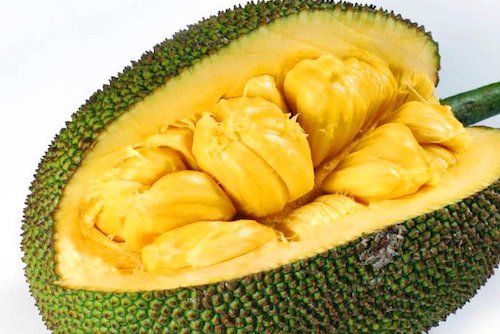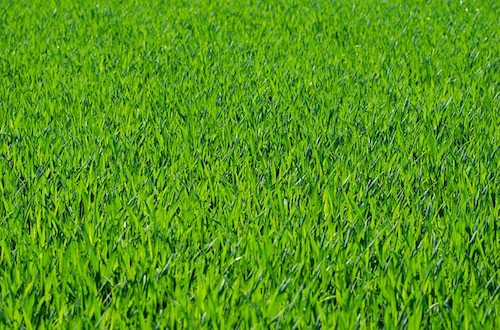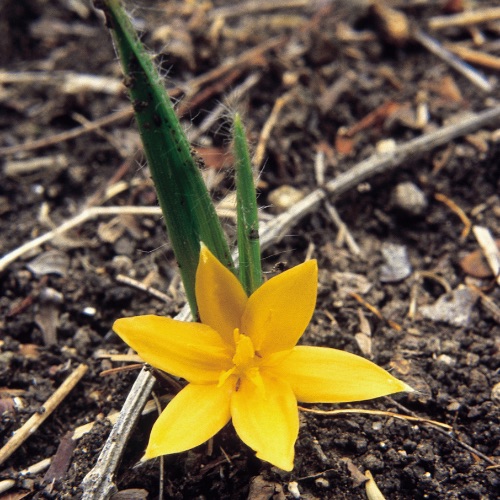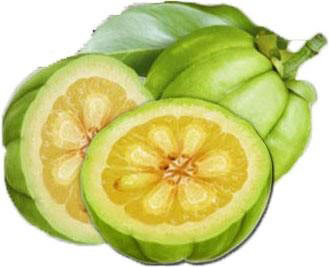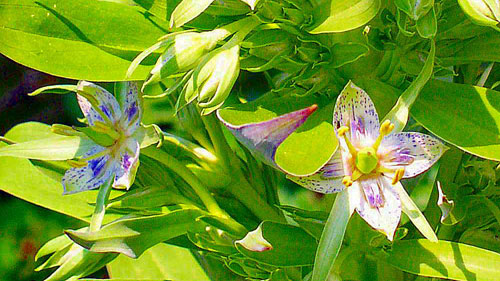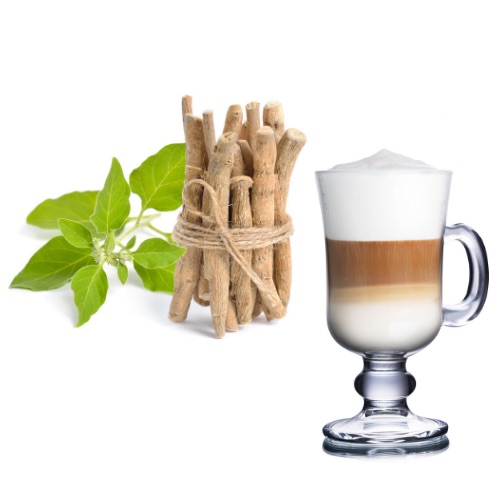The ayurvedic herb Yashtimadhu or Mulethi or Licorice is used in Ayurveda to treat PCOS or PCOD, Psoriasis, dry eczema, and cough. It also increases fairness and helps in weight loss
Related article
Table of Content
Yashtimadhu or Mulethi or Licorice in Ayurveda
Ayurvedic Health Benefits of Licorice Root
Effect of Licorice Root on Doshas
Licorice Root Powder for PCOS or PCOD
Licorice Root Powder for Weight Loss
Licorice or Yashtimadhu Churna or Root Powder for Psoriasis.
Licorice or Mulethi Root powder for skin.
Mulethi for Erectile Dysfunction and Premature Ejaculation
Side effects and Precautions. Who should not Use Licorice ?
Yashtimadhu or Mulethi or Licorice in Ayurveda
The ayurvedic herb Yashtimadhu also known as Licorice is widely used in Ayurveda to treat various health conditions. This herb is commonly found in Indian households and is used as a home remedy for cough, cold, vocal cord inflammation, etc. This herb has been botanically identified as Glycyrrhiza glabra Linn and it belongs to the family Fabaceae. It is mainly grown in the Himalayan regions of India, Saudi Arabia, Turkey, Afghanistan, South Europe, China, and Russia.
In India, this herb is known by different names. It is known as Mulethi, Jethimadhu in Hindi, Atimadhuram, Irattimadhuram in Tamil, Atimadhura, Jeshtamadhu in Kannada, Yashtimadhukam in Telugu, Yashtimadhu in Bengali, Jeshtmadh in Marathi, and Jethimadh in Gujarati. Ayurveda acharyas refer to this herb in Sanskrit as Yashtimadhu, Madhuka, Madhuyashti, Yshtyahva, and Klitaka in their texts.
Ayurvedic Health Benefits of Licorice Root
The roots of this herb are used for medicinal purposes. Texts of Ayurveda explain ayurvedic health benefits and uses of Yashtimadhu or Licorice Root as follows.
This herb is sweet to taste (madhura rasa) and heavy to digest (guru). It improves the moisture level of tissues (Snigdha). It acts as a body coolant (sheeta veerya).
Effect of Licorice Root on Doshas
Madhuyashti balances aggravated Vata dosha and pitta dosha. Due to its sweet taste, heaviness, and stickiness, it balances Vata. (Since vata has lightness and dryness ). It balances pitta with its sweetness and cold potency. (Since pitta is fiery and hot)
Licorice or Yashtimadhu Churna or Root Powder for PCOS or PCOD
This herb is eulogized as Shonitasthapana by acharya Charaka. It helps to check irregular bleeding which happens in PCOS. Various studies have shown that phyto-estrogens in Liquorice have a mild estrogenic effect and they help to ease symptoms of pre-menstrual syndrome and PCOS or PCOD like irritability, bloating, breast tenderness, etc. It is also effective in hair loss and acne which occur due to PCOS. Jeshtamadhu helps in weight loss and helps in controlling PCOS. This is the best ayurvedic herb for PCOS. Licorice tea also helps in liver detox. Read Ayurveda Liver Detox – An Easy Liver Cleansing Guide
How to Use Licorice in PCOS ?
- It can be used as tea or small pieces of root (not more than 5 gms/per day) can be chewed before meals.
- Dr.Savitha C G, who has successfully treated more than 100 cases of PCOS in her clinic, opines that consuming yashtimadhu along with ayurvedic capsules for PCOS help to regularise the menstrual cycle.
Licorice or Yashtimadhu Churna or Root Powder for Weight Loss
This herb is too sweet. It satiates cravings of sweet and also reduces Agni or appetite due to its coolant properties (sheeta Veerya). This helps people who suffer from obesity and are on a weight loss program, in preventing sweet and food cravings and also consume fewer calories due to lack of appetite. This can be adopted as the best ayurvedic medicine to treat obesity.
How to Use Licorice for Weight Loss?
- It can be used as tea or small pieces of root (not more than 5 gms/per day) can be chewed before meals.
- ¼ teaspoon of yashtimadhu can be boiled with Ayurvedic Weight Loss Tea and consumed on an empty stomach.
Licorice or Yashtimadhu Churna or Root Powder for Psoriasis.
Ayurveda acharyas recommend using this herb in dry eczema, psoriasis, and allergic rashes. It is eulogised as varnya (Enhances skin color), Sandhaaneeya (heals wounds), and kandughna (relieves irritation and itching).
How to Use Madhuka in Psoriasis and Dry Eczema?
- Mix root powder of Licorice in ghee and apply on the affected skin.
- Or Boil pieces of yashtimadhu root in water to prepare Kashaya or decoction. This can be applied to affected skin.
Licorice or Mulethi Root powder for skin
Yashtimadhu or mulethi is highly praised in the texts of Ayurveda for its skin health-boosting properties. It increases fairness and the glow of the skin. Here are simple recipes for Licorice face packs.
For oily skin
For Oily Skin, Mix 1 teaspoon of Licorice root powder and 1 teaspoon of red lentil flour (masoor flour) with water to make a batter. Apply this on the face and wash it off with warm water after 20 minutes. Repeat this twice a week.
For Dry Skin
For Dry Skin, Mix 1 teaspoon of madhuyashti root powder with 1 ml of Kumkumadi tailam (oil). Apply this all over the face and wash it off with warm water after 20 minutes. If you have an acne-prone skin, instead of kumkumadi taila use milk.
Mulethi for Erectile Dysfunction and Premature Ejaculation
Texts of Ayurveda praise mulethi as shukrala, which means it boosts the strength of shukra dhatu. Mulethi helps to overcome klaibya or erectile dysfunction and premature ejaculation. It is the best ayurvedic medicine for ED and PE
Ayurveda scholars recommend using this herb in Vajikarana Therapy to treat Impotence and Male Infertility.
Side effects and Precautions. Who should not Use Licorice?
- The maximum dose of licorice is 5 gms per day. Never use more than this for internal use.
- Don’t use this during pregnancy.
- If you have hypertension (high blood pressure), do not use this herb.
- If your blood report says you have a low potassium level, do not use this herb.
- Women who are on contraceptive pills or hormonal therapy should not use this.
- Nursing mothers should keep this herb at bay till they complete the weaning process.
- Always consult a qualified ayurvedic physician before consuming this herb.
(WhatsApp Dr.Savitha Suri @+ 91 6360108663/ to know more about ayurvedic treatments and remedies )
Author: Dr.Savitha Suri , Consultant Ayurvedic Physician
Call us at +91 9945995660 / +91 9448433911
WhatsApp + 91 6360108663/


